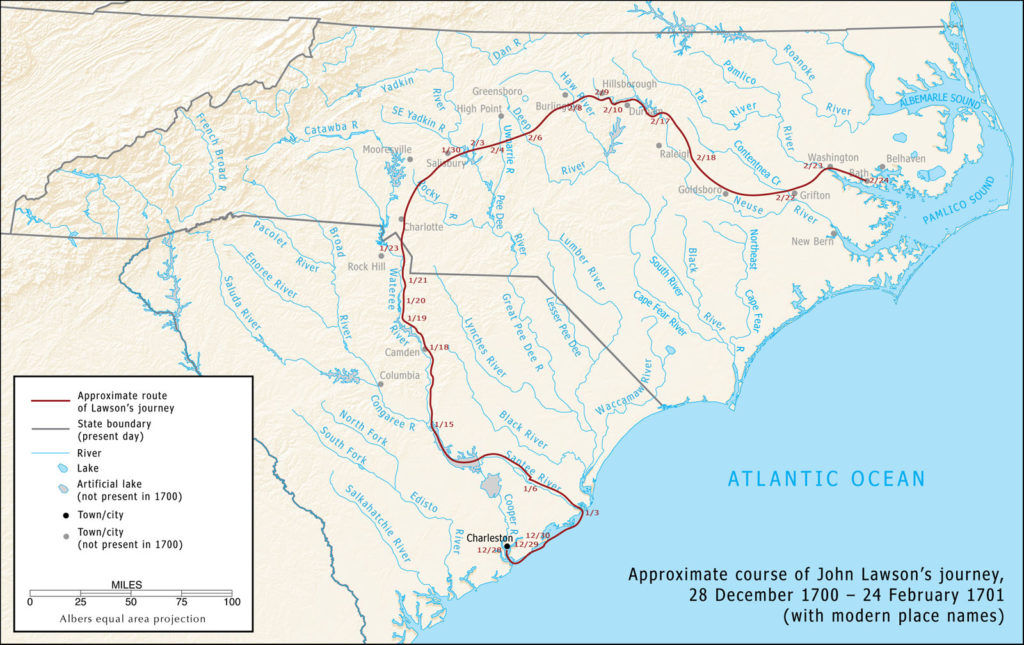A window, it seems to me, has three crucial tasks: to let in light, air, and birdsong. The lack of a sill can be forgiven as long as one can buy a decent table. Fenestration only impresses passersby, who have neither to live with the window or to pay for it. But the first three are unequivocal. To fail at the first task is to fail existentially, for a window that lets in no light is no window at all. To fail at the second leaves the occupant stifled and sour like a fish in a bowl, and his only consolation is the muttering of curses at the incompetent builder or too-clever architect. But a window that, succeeding at the first two tasks, fails at the third places the man at the mercy of his infernal alarm clock, whose harpy shrilling at the pale birth of a clear spring morning is an offense to nature and to nature’s God and for which, worst of all, the damn fool can blame only himself for choosing to live where there are no birds.
(From my great-uncle William Warmkessel’s diary of May 11, 1934. Whether inspired by some new architectural unpleasantry on Duke’s campus or his own alarm clock, I don’t know. He ought in any case to have been pleased with the window I installed in my workshop last month, which, since I bought a house in the woods and hung a birdfeeder from the dogwood outside, meets all his criteria. His only complaint would likely be mine, which is that it took me fifteen years to hang the damn thing.)

